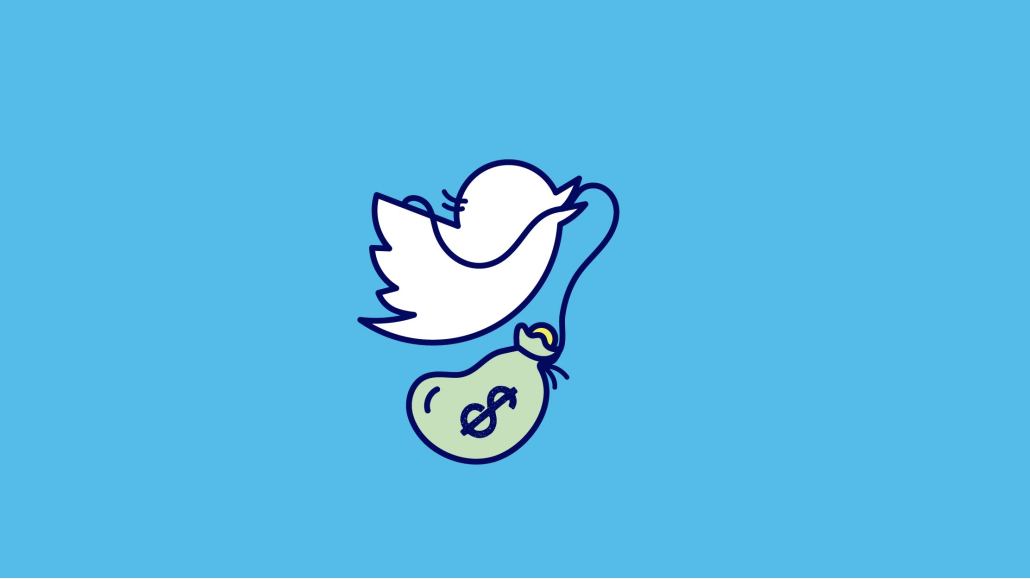Secure your place at the Digiday Media Buying Summit in Nashville, March 2-4
Digiday+ Research deep dive: Twitter’s strength holds among publishers

This research is based on unique data collected from our proprietary audience of publisher, agency, brand and tech insiders. It’s available to Digiday+ members. More from the series →
There is perhaps no social media platform that is more appropriate for publishers than Twitter. In this Digiday+ Research deep dive into how publishers are using social media platforms, we look at why this is.
In a June survey that collected responses from 72 publisher professionals, Digiday found that Twitter continues to be utilized by most publishers: Eighty-nine percent of respondents said their titles posted content on Twitter in the past month, which is up very slightly from last year when 87% of respondents said they’d posted on Twitter.
The publishers who use Twitter are overwhelmingly posting on the platform every day: Three-quarters of the respondents to Digiday’s survey who post on Twitter do so daily. However, the number of publishers posting on Twitter every day is actually down significantly from last year, when 84% of publisher pros using Twitter said they posted every day.
Meanwhile, the number of publishers posting on Twitter at least once a week is up quite a bit from last year (15% in 2021 versus 23% in 2022). This could indicate that those who have cut down from posting on Twitter every day are now posting at least once a week.
While there is a difference in how frequently publishers are posting on Twitter from last year, Digiday’s survey found that respondents haven’t changed the way they’re investing in original content on Twitter: About a third of publisher pros said they invest a little or not at all in original Twitter content this year, which is unchanged from last year, while 20% said they invest a moderate amount (compared with 23% last year) and 13% said they invest a lot (compared with 9%).
And publishers aren’t investing much in advertising on Twitter, either: Only about a quarter of respondents to Digiday’s survey said their titles purchased ads on the platform in the past month. When looking back at past deep dives, this is significantly more than publishers are investing in ads on TikTok, where only 10% of publishers said they’d purchased ads in the past month, but significantly less than Instagram and Facebook, where 46% and 75% said they had bought ads, respectively.
Publishers’ lack of investment in original content and ads on Twitter is reflected in how much Twitter drives their revenues: This year, the number of publisher pros who said Twitter isn’t at all valuable to driving their titles’ revenues jumped from 17% last year to 32% this year. And this year, not one respondent to Digiday’s survey said Twitter is extremely valuable to driving their titles’ revenues.
However, what Twitter lacks in driving revenue, it makes up for in building publishers’ brands. In fact, Twitter is up this year among publisher pros who said the platform is valuable for brand-building: 52% of respondents to Digiday’s survey said Twitter is either valuable or extremely valuable to building their brands, up from 45% last year.
Twitter’s brand-building value for publishers tracks with its brand-appropriateness, Digiday’s survey found. The vast majority (63%) of respondents said Twitter is appropriate for their titles’ brands, which is on par with last year’s results (when 69% said so). This should not be a surprise, as Twitter’s format is the best fit for publishers when it comes to posting content on social media.
Twitter’s brand-appropriateness is down slightly this year, but not by a meaningful amount. And it appears that the publishers who said Twitter is somewhat brand-appropriate picked up the difference: 23% last year compared with 29% this year. The amount of publishers who said Twitter is not very or not at all brand-appropriate stayed low, rising slightly from 7% last year to 9% this year.
More in Media

Digiday+ Research: Dow Jones, Business Insider and other publishers on AI-driven search
This report explores how publishers are navigating search as AI reshapes how people access information and how publishers monetize content.

In Graphic Detail: AI licensing deals, protection measures aren’t slowing web scraping
AI bots are increasingly mining publisher content, with new data showing publishers are losing the traffic battle even as demand grows.

In Graphic Detail: The scale of the challenge facing publishers, politicians eager to damage Google’s adland dominance
Last year was a blowout ad revenue year for Google, despite challenges from several quarters.





